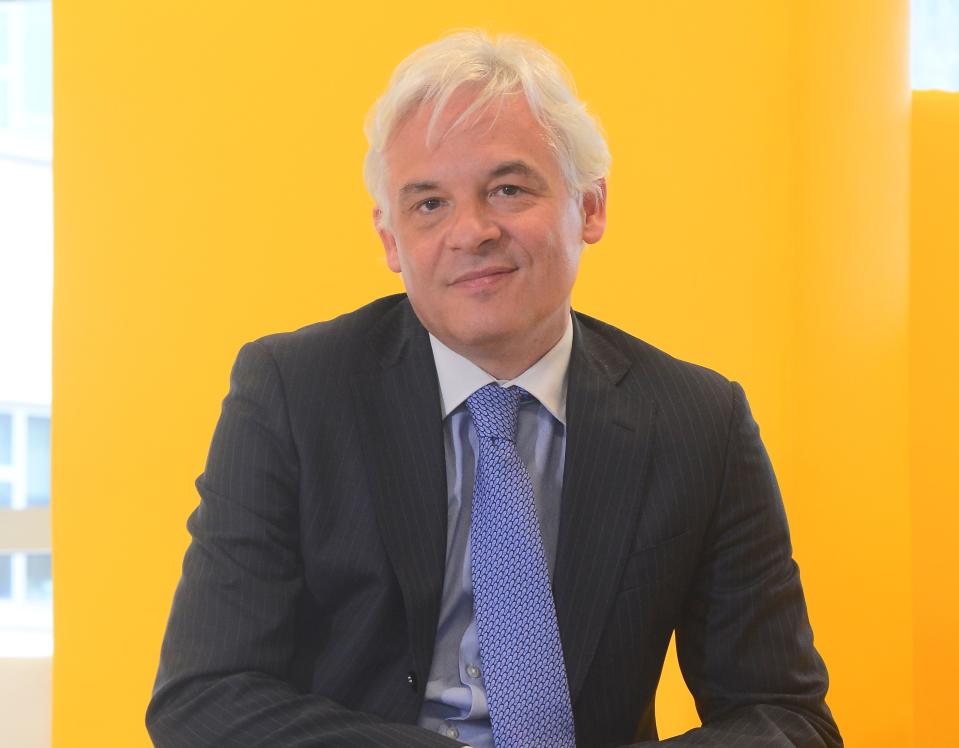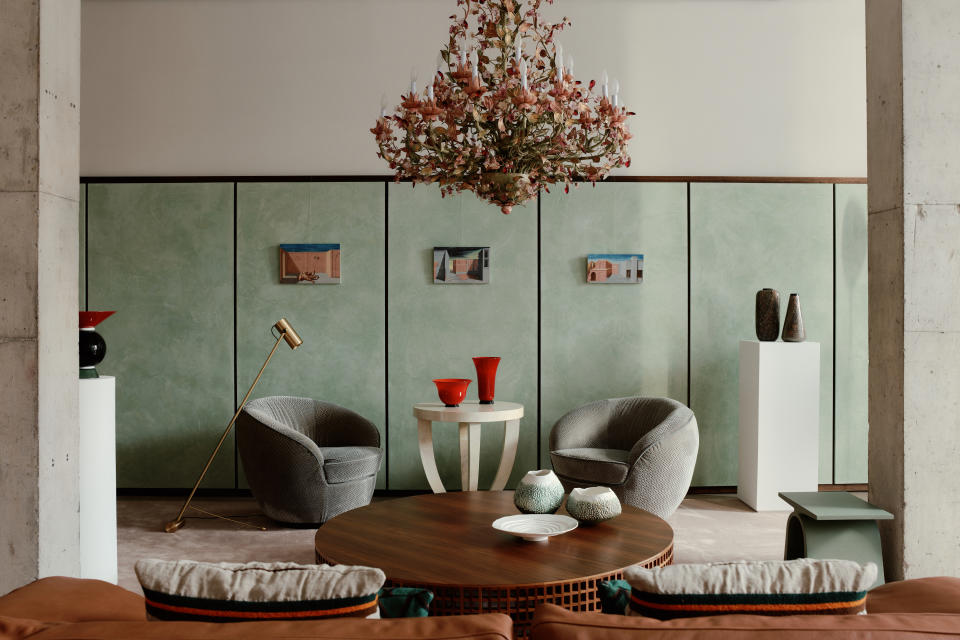Italian Home Companies Brace for Spike in Shipping Costs

MILAN — The effects of the attacks in the Red Sea have reverberated all over the world and Italy’s high-end furnishings and home industry are beginning to mull their options.
Earlier this week, the International Monetary Fund reported that as of Jan. 21, the 10-day cumulative shipping volume through the Suez Canal had dropped close to 50 percent versus the same period last year. Since the Houthi-led attacks in the Red Sea on ships from major international shipping companies like MSC, Maersk, CMA CGM and Hapag-Lloyd, cargo from around the world has been diverted to South Africa, under and around the Cape of Good Hope.
More from WWD
Three Italian Men's Brands Making a U.S. Push at Chicago Collective
Coach's Bestselling Valentine's Day Heart Handbag Is $100 Off Right Now
Italy, the eighth-largest exporter in the world, and hub of luxury furnishing and decor firms, is starting to wake up to the impact the conflict will have on getting its goods to key markets in the Middle East and in Asia. According to a report released by Bank of Italy (Italy’s central bank) on Jan. 19, about one third of the nation’s fashion imports, including components like textiles and leather, pass through the Suez Canal. The furnishings sector is not far behind — about 15 percent of all furnishings, ceramics, glass and wood products make the same voyage.
Design Italy, which has been at the forefront of the e-commerce boom for furniture, said so far the crisis has had a limited impact on the high-end design industry. Founded in 2019, the company represents 140 brands, including Cassina, Poltrona Frau and Driade, and ships goods to more than 100 countries.
Design Italy’s founder and chief executive officer Roberto Ferrari is known for his experience in leading Italian companies into the digital space through his work as an investor, consultant and chief digital and innovation officer of merchant bank Mediobanca. A plus, he explained, is that the luxury industry doesn’t rely on raw material sourcing from China, though firms are bracing themselves for higher shipping costs for exports in the near term.
“In the midterm, we need to see if the crisis will stay for long and how the overall international logistic and supply chain network will be impacted, thus translating in longer production and shipping times and probably in higher costs,” he said.

Surging costs are already a reality, said the IMF in its latest regional economic outlook update for the Middle East and North Africa released Wednesday: “Freight costs for routes between Europe/Mediterranean Sea and China have surged by more than 400 percent since mid-November, likely reflecting a combination of increased insurance costs amid elevated security risks and higher transportation costs associated with longer shipping routes.”
Artemest, an online destination with more than 50,000 products from 1,400 artisans, said the contingency plan has already come to life. The firm was founded by jewelry designer Ippolita Rostagno, creative director of Artemest, and chief executive officer Marco Credendino in 2015. Credendino said goods to the Middle East and Asia will be directed to the south of the African continent by sea and/or by air.
“Artemest manages the global shipping/logistics for our 1,400 artisans and producers. At the moment the Suez Canal crisis is still under control. We are facing it in two different ways: Sea freight shipping cost and time increased significantly, but when possible we are still shipping sea freight,” Credendino said. Air freight is used in case its customers have a tight deadline using global logistic partners.

At the World Economic Forum last month in Davos, Switzerland, the Houthi attacks on commercial maritime traffic were top of mind, with Jesper Brodin, CEO of Ingka Group, which owns most Ikea stores worldwide, saying the retailer would still go ahead with price cuts despite shipping disruptions, Reuters reported.
In an equity research report from Jefferies, analysts said that while Ikea mulls supply routing options, delays and availability constraints for certain products are inevitable. “Ikea generated $6.3 billion in sales in the U.S. during the 12 months ended August 2023 across its 50 plus stores and e-commerce site. Given its scale, transit times will be felt by a cohort of Ikea’s customers,” Jefferies said. When reviewing major listed companies like Hooker Furniture, Bernards Furniture and A-America furniture, analysts found that companies were already starting to see the impacts of container costs and price increases.
Overall, “investors should expect temporarily higher inventory levels from transit delays and higher costs from air freight, but few executives have signaled materiality,” continued Jefferies.
As industry leaders watch the situation, firms are also bracing themselves for a further hike in energy costs. Bank of Italy said crude, refined oil and metalworking products constitute almost 30 percent of the country’s purchases from abroad.
“If the risk of attacks on merchant ships remains high even through the first months of 2024, the necessity to chart alternative routes would result in an extension of delivery times for goods imported by sea from Asia (with consequent repercussions on production chains) and in a further increase in maritime freight rates,” the bank said.
Carlo Urbinati, founder and president of Veneto-based, high-end lighting firm Foscarini, commented that the effect on Italian exporters and luxury companies will be similar to the effect the COVID-19 pandemic had on the small and medium-sized companies that make up the backbone of the Italian company.
“This will affect cost, availability, timing just as we experienced with the pandemic more or less. As we saw with the pandemic, costs went out of control.”
Best of WWD

 Yahoo Lifestyle
Yahoo Lifestyle 
